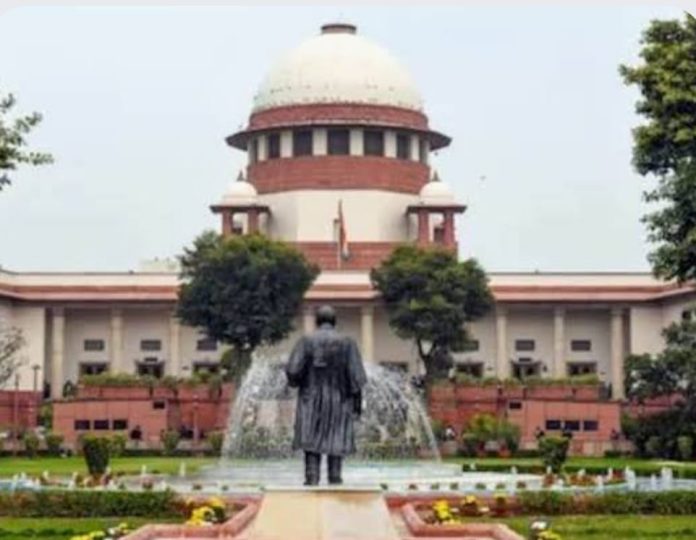New Delhi : A new petition has been submitted to the Supreme Court challenging the constitutional validity of the recently enacted Waqf (Amendment) Act, 2025, which received the President’s assent on Saturday after being passed in both Houses of Parliament amidst intense debate, reported the NDTV.
Filed by the Samastha Kerala Jamiathul Ulema, a prominent body of Sunni Muslim scholars and clerics, the plea argues that the amendments represent a “blatant intrusion” into the religious rights of a denomination, violating Article 26 of the Indian Constitution that ensures freedom to manage religious affairs.
Filed through advocate Zulfiker Ali P S, the petition contends that the Act not only distorts the fundamental religious nature of Waqf institutions but also damages the democratic fabric of their administration. It further alleges that the amendment centralizes powers, stripping state governments and Waqf Boards of their traditional roles and transferring authority to the Central government.
“The cumulative effect of these provisions will be highly detrimental to Waqfs at large and the Muslim community will be deprived of large tracts of Waqf properties due to the implementation of these provisions,” the petition states.
Several other petitions challenging the Act are already before the apex court, including those by Congress MP Mohammad Jawed, AIMIM president Asaduddin Owaisi, and AAP MLA Amanatullah Khan, along with civil rights group Association for the Protection of Civil Rights (APCR).
Mohammad Jawed, who was part of the Joint Parliamentary Committee (JPC) on the bill, argues that the amendment introduces arbitrary restrictions and undermines the Muslim community’s right to manage its religious endowments. His plea, filed through advocate Anas Tanwir, claims that the Act discriminates by applying restrictions not imposed on religious endowments of other communities.
In his plea, Asaduddin Owaisi asserts that the Act selectively weakens protections for Waqfs while retaining them for Hindu, Sikh, and Jain religious endowments, calling it “hostile discrimination against Muslims”, thereby violating Articles 14 and 15 of the Constitution.
Amanatullah Khan, in his petition, has sought the complete nullification of the amendment, calling it violative of multiple constitutional rights including Articles 14, 15, 21, 25, 26, 29, 30, and 300-A.
The Waqf (Amendment) Bill, 2025, was passed in the Lok Sabha with 288 votes in favour and 232 against, and in the Rajya Sabha by 128 to 95 votes, reflecting significant opposition across party lines.
As the legal battle unfolds, the Muslim community and civil rights organisations watch closely, concerned about the long-term implications for religious autonomy and minority rights in India.




